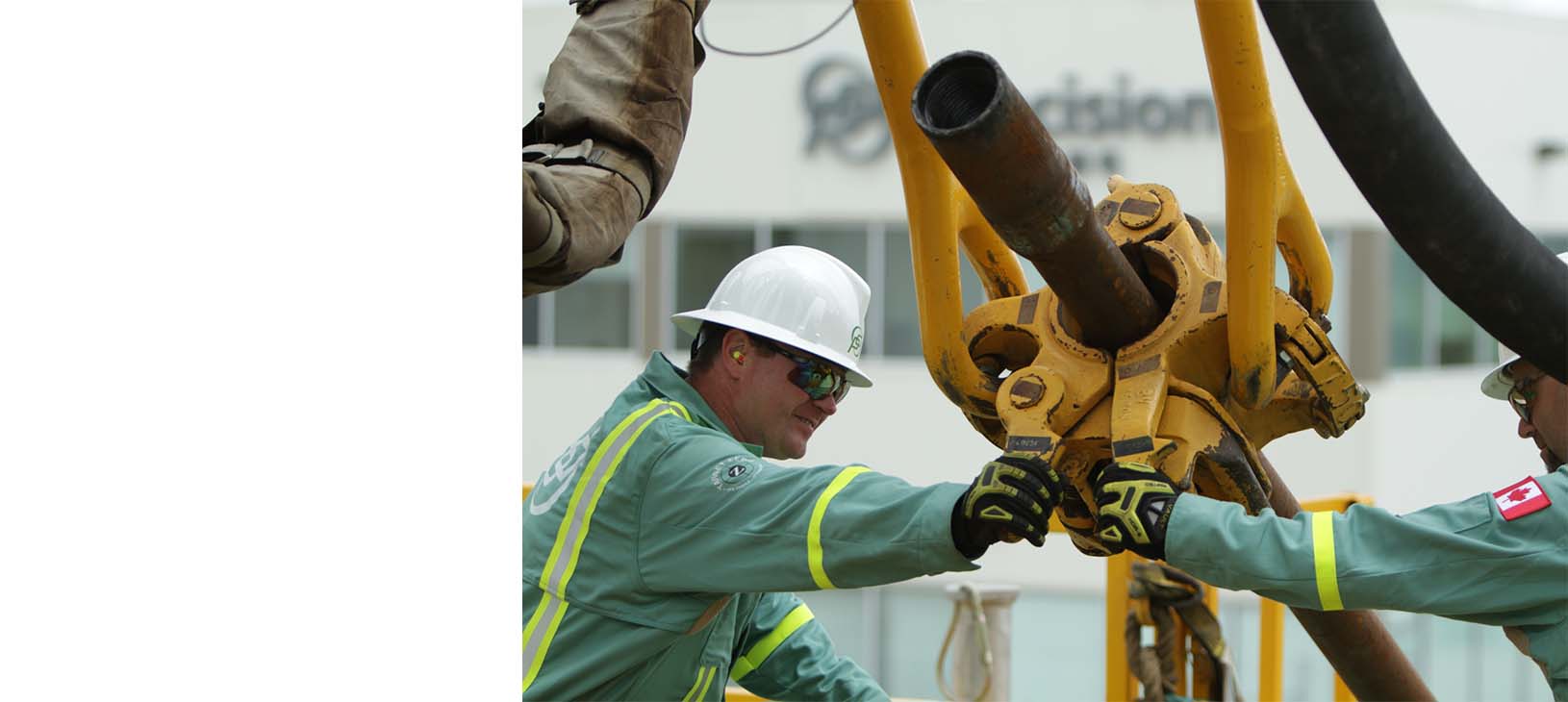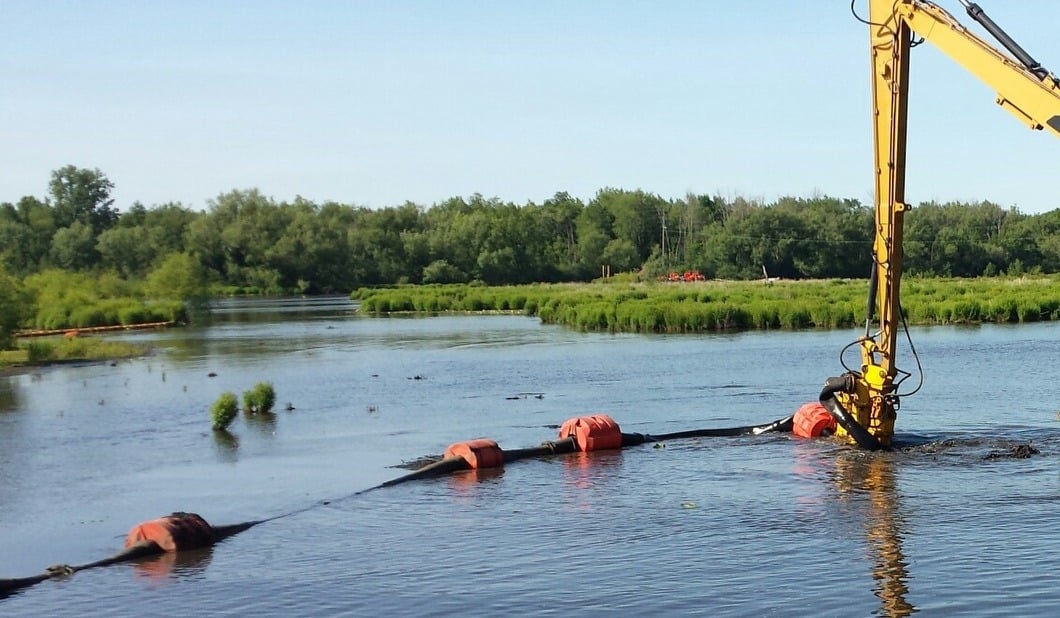Superior Rentals reviews: expert breakdown
A Comprehensive Guide to the Various Kinds of Oil Field Equipment and Pipeline Equipment Available
The oil and gas sector depends heavily on specific tools for reliable extraction and transportation. Numerous kinds of machinery, from drilling rigs to storage space containers, play vital duties in this complicated procedure. Each piece of devices offers distinct features that add to overall functional success. Understanding these elements is essential for any person associated with the industry. As the market develops, so too do the technologies that support it. What advancements are on the horizon?

Drilling Rigs: The Foundation of Oil Exploration
Drilling rigs act as the important machinery in the domain of oil expedition, allowing companies to accessibility hydrocarbon reserves buried deep below the Earth's surface area. These rigs can be found in various kinds, consisting of land rigs, offshore rigs, and mobile systems, each created to run in particular environments. Geared up with innovative innovation, drilling rigs can pass through geological developments with precision, making certain efficient source removal. The structural stability and functional capabilities of these rigs are crucial, as they must stand up to extreme conditions and significant pressures. Additionally, the choice of a boring gear affects the general task expense and timeline, making it a vital factor to consider for oil companies seeking to enhance their exploration efforts and take full advantage of productivity in their procedures.
Pumps: Necessary for Fluid Motion
In the oil extraction procedure, the duty of pumps is considerable, assisting in the activity of liquids throughout various phases of production. Pumps are essential for transporting petroleum, water, and various other fluids from below ground storage tanks to the surface area and after that with pipes to refineries. They can be found in numerous kinds, including centrifugal, positive displacement, and submersible pumps, each offering certain functions based upon the liquid features and functional needs. Centrifugal pumps are typically made use of for their efficiency in high-flow applications, while positive variation pumps master taking care of viscous liquids. The choice of pump effects overall performance, functional safety, and upkeep prices. Proper choice and upkeep of pumps are crucial for enhancing production and lessening downtime in oil area operations.
Shutoffs: Managing Circulation and Pressure

Valves play a crucial duty in handling the circulation and pressure of fluids within oil fields and pipelines. Different kinds of valves offer distinct applications, each developed to accomplish certain features essential for efficient procedure - Superior Oilfield Rentals oilfield. Comprehending the features and uses these valves is important for optimizing system performance and safety
Kinds of Valves
Necessary components in oil field procedures, valves play a crucial role in controlling the flow and pressure of fluids within pipes and equipment. Various kinds of valves are used to satisfy the diverse demands of oil and gas manufacturing. Typical kinds include gateway valves, which provide a straight-line circulation and minimal stress drop; globe shutoffs, recognized for their throttling capabilities; and ball valves, acknowledged for their quick on/off control. Furthermore, check shutoffs stop backflow, while butterfly shutoffs supply a lightweight remedy for regulating flow. Each shutoff kind is made with particular materials and setups to withstand the severe conditions frequently found in oil fields, making sure integrity and performance in procedures. Comprehending these kinds is vital for efficient system management.
Valve Applications and Functions
While various sorts of valves offer unique functions, their primary applications revolve around regulating circulation and stress within oil and gas systems. Shutoffs such as gateway, globe, and round valves manage fluid motion, ensuring peak efficiency and security. Gateway valves are frequently made use of for on/off control, offering marginal circulation resistance. World shutoffs, on the various other hand, deal exact flow law, making them ideal for throttling applications. Sphere valves are favored for their fast procedure and tight securing capacities. In addition, pressure safety valve are critical for avoiding system overpressure, safeguarding tools honesty. Overall, the suitable selection and application of valves enhance operational efficiency, making sure the trusted transport of oil and gas through pipelines and processing facilities.
Compressors: Enhancing Gas Transport
Compressors play an important role in the reliable transportation of natural gas, making sure that it relocates smoothly via pipelines over cross countries. These devices raise the pressure of natural gas, allowing it to overcome friction and elevation changes within the pipeline system. Furthermore, compressors help with the balancing of supply and demand, suiting variations in intake and manufacturing rates. Numerous sorts of compressors are employed in the market, consisting of centrifugal, reciprocating, and rotary screw compressors, each offering distinctive advantages based on the operational requirements. Regular maintenance of these compressors is important to make best use of efficiency and decrease downtime, ultimately contributing to a dependable gas transport network. my explanation Their important function highlights the value of compressors in the overall oil and gas infrastructure.
Storage Tanks: Safe and Efficient Liquid Administration
Efficient transportation of gas relies upon different support group, among which is the appropriate monitoring of storage space tanks. These storage tanks play a crucial function in securely having fluids, making certain that functional performance is maintained while reducing environmental dangers. Created from durable materials, they are developed to hold up against high pressures and harsh aspects. Appropriately sized and purposefully situated, storage space containers facilitate the smooth circulation of natural gas and various other fluids, protecting against bottlenecks in supply chains. Routine upkeep and monitoring are imperative to identify leaks or architectural problems, advertising safety and conformity with governing requirements. Eventually, the efficient management of tank is essential for the overall stability and dependability of the oil and gas industry's fluid handling systems.
Pipeline Solutions: Infrastructure for Transport
Pipeline systems serve as the backbone of the oil and gas industry, helping with the reliable transportation of hydrocarbons over substantial ranges. These systems are composed of various parts, including pipelines, valves, pumps, and compressors, all meticulously developed to guarantee smooth circulation. The materials utilized in pipeline building and construction, frequently steel or high-density polyethylene, are selected for resilience and resistance to corrosion. Pipeline networks can cover across land and water, connecting manufacturing websites to refineries and distribution. Additionally, progressed innovation enables real-time surveillance of flow rates and pressure levels, improving functional efficiency. The calculated positioning of these pipelines minimizes ecological effect while maximizing resource availability, consequently playing a crucial role in conference power demands around the world.
Security Equipment: Guaranteeing Worker and Environmental Management
The procedure of pipeline systems, while vital for power transportation, also presents substantial safety challenges for employees and the environment. Safety equipment plays a significant function in minimizing these risks. Personal safety tools (PPE) such as headgears, handwear covers, and non-slip shoes safeguards employees from physical risks. In addition, gas detection systems monitor for leakages, ensuring that dangerous substances do not posture a risk to personnel or the surrounding ecological community. Emergency situation shutdown systems are vital for promptly halting procedures during a dilemma, stopping prospective disasters. Spill control products, consisting of absorbents and obstacles, are essential for decreasing environmental effect. In general, buying all-encompassing security tools is essential for preserving operational stability and shielding both employees and the environment in the oil and gas industry.

Frequently Asked Questions
How Do I Pick the Right Oil Field Equipment for My Project?
Selecting the ideal oil field equipment involves reviewing project specs, budget restrictions, and operational demands. Consider aspects such as equipment dependability, compatibility with existing systems, and the distributor's find more info track record to ensure peak efficiency this post and security.
What Are the Maintenance Needs for Oil Field Equipment?
Maintenance requirements for oil field equipment consist of normal examinations, lubrication, and prompt repair work. Operators ought to likewise stick to manufacturer standards, monitor efficiency metrics, and guarantee compliance with safety guidelines to boost durability and effectiveness.

How Can I Ensure Compliance With Environmental Laws?
To assure compliance with ecological laws, companies need to carry out normal audits, apply best techniques, buy training, maintain proper documentation, and stay updated on legislation (Superior rentals squeeze tools). Cooperation with environmental companies can also enhance adherence to laws
What Is the Average Lifespan of Pipeline Equipment?
The average lifespan of pipeline equipment usually varies from 20 to 50 years, relying on elements such as material high quality, ecological problems, and upkeep methods. Regular inspections can greatly affect long life and functional efficiency.
Exactly how Do I Safely Transfer Oil Field Equipment to Remote Locations?
Delivering oil area equipment to remote places requires cautious planning, including course assessment, securing authorizations, utilizing appropriate cars, and guaranteeing safety methods are followed. Appropriate training and communication amongst teams are crucial for successful transport.